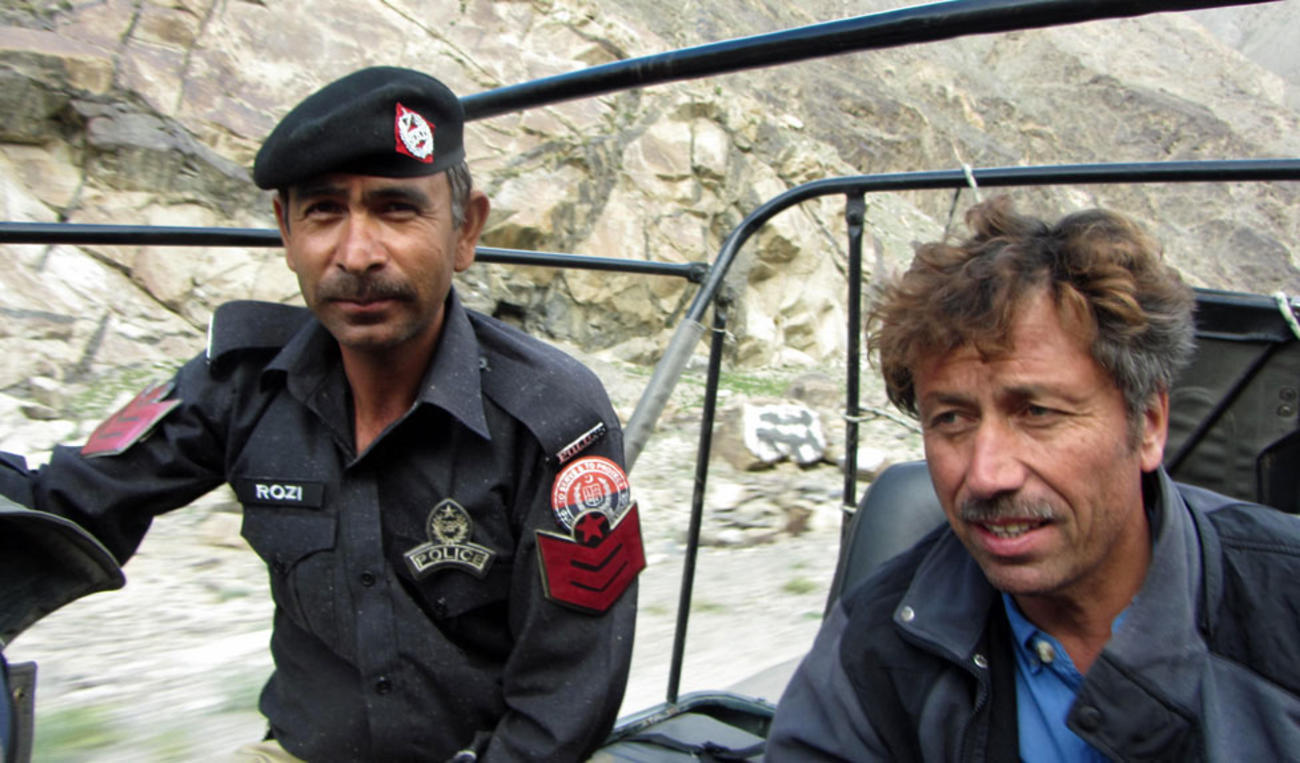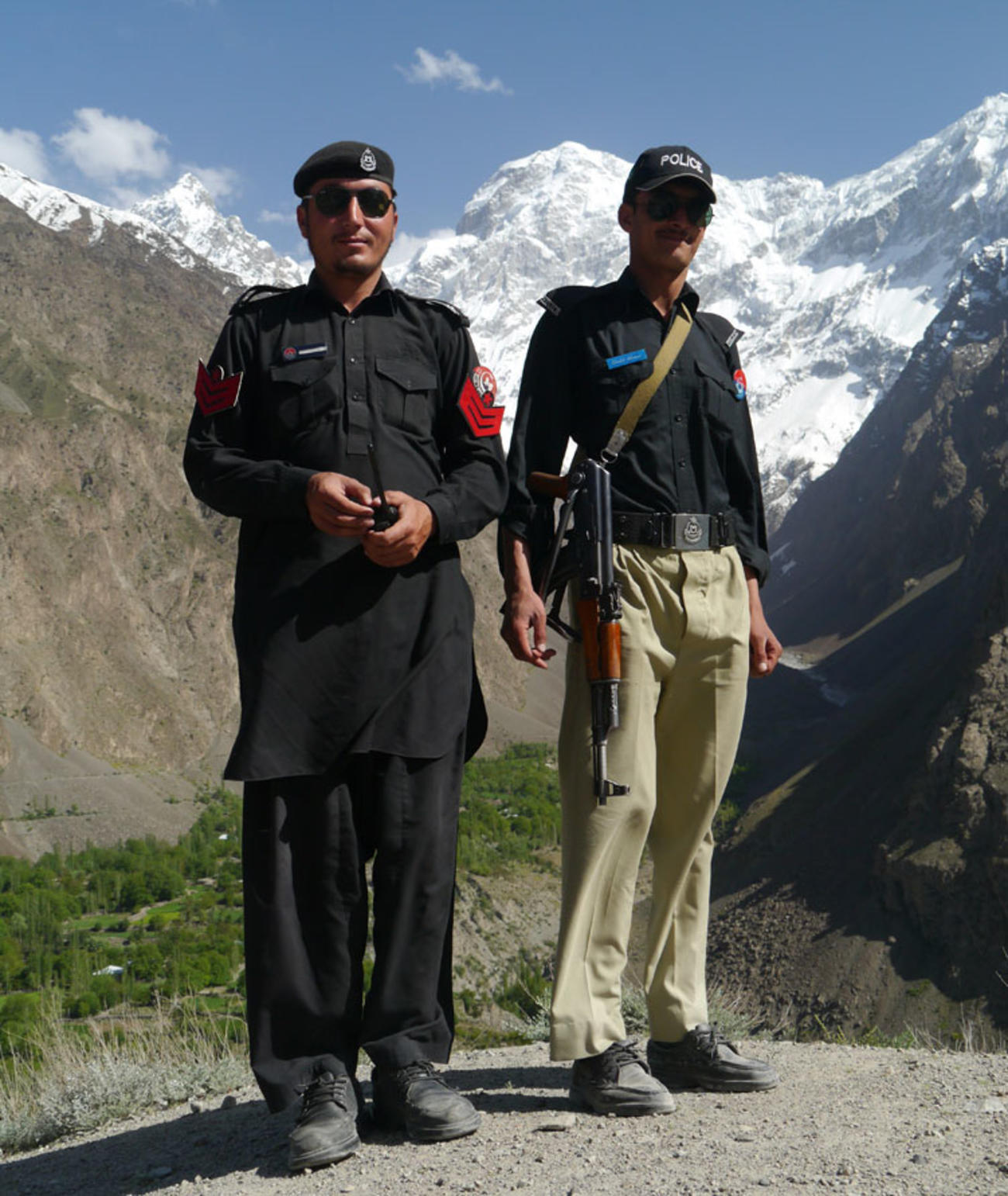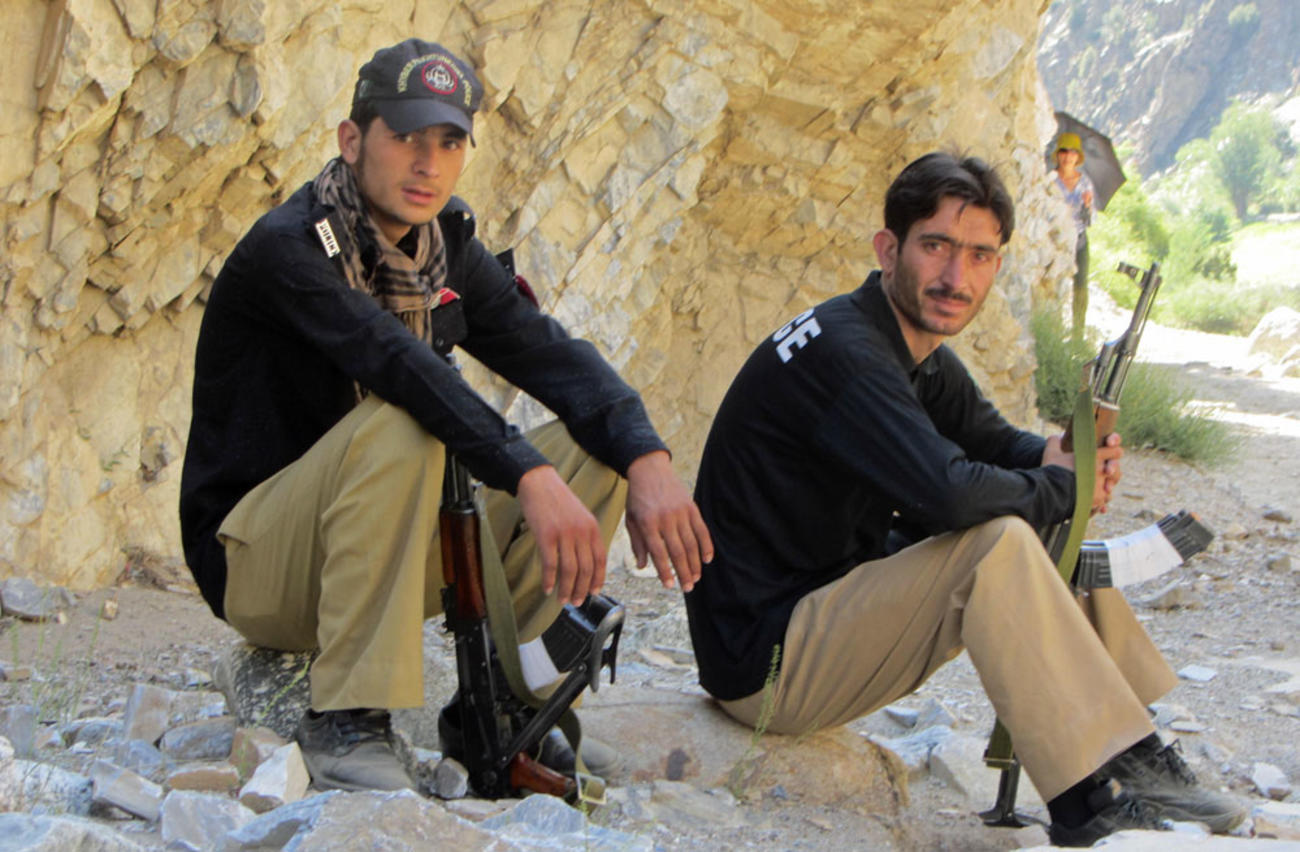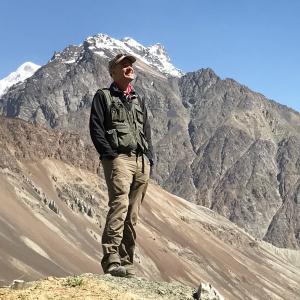Most travellers know of the beauty and diversity of Northern Pakistan; that as far as adventure holidays are concerned, it is one of the outstanding destinations of the world. What most are worried about is the security and ask themselves the question, will I be safe travelling there? Well, although I think it will be some time before the country is completely free of the terrorist scourge, I do think the answer to that question is now almost certainly yes.
So what has changed? In short, the attitude of everyone – the army, politicians and the public – and their relationship with the militants.
In the past the politicians, army and security forces have only seemed to pay lip service to the militant issue; claiming they are cracking down on them, whilst at times turning a blind eye – at others actually nurturing them – primarily to fight their proxy wars in both Afghanistan and Kashmir. When they pushed too far and took over the Swat Valley in 2008 the army – then controlled by military leader Gen. Pervez Musharraf – did go in and take them out, but to a large degree they were still allowed to hole up in the self-administered tribal areas.

But as I hoped it would, the Peshawar atrocity at the end of last year seems to have changed everything. When a group of armed militants entered an army school just outside the old town and killed 145 people, 132 of them children, they united the entire country in anger and revulsion. The sense was enough is enough and the overwhelming majority, which had been too silent for far too long, finally found its voice.
Talk about kicking the hornet’s nest. Within hours the army, boiling with rage, was on the move in the tribal areas. The moratorium on the death penalty was lifted and convicted terrorists were hanged. This time the militants had gone too far, and for the first time Pakistan was united in ridding the country of this terrible militant menace.
So what does that mean for the tourist? Well it means two things: firstly there simply aren’t as many terrorists around these days to do us harm as there used to be and, secondly, those that would like to will have a lot harder job carrying out any attack as the security across the whole country, but particularly for us foreigners, is now much stronger.

The last time I drove from Islamabad to Chitral – on a route that takes you up along the frontier, close to the tribal areas – we needed to take a police escort. Now, with the army drafted in to control this road with a series of impressive roadblocks, all border crossing points carefully monitored and an elite anti-terrorist squad roaming at will up and down the highway, a police escort is no longer necessary. In the Kalash Valley, crack army units have been stationed along the border with Nuristan, cutting off an unlikely route a militant might take to enter from Afghanistan, and there is another at the other entrance to monitor movements at the Pakistan end. On the famous Karakoram Highway south of Chilas again there are more checkposts and police provided to each foreign group as personal bodyguards! Across the whole country the police, army and many more security agencies have been beefed up in a bid to keep people safe. (I have written to the FCO in light of my recent trip and asked them to reconsider their advice against travel to the Kalash valleys).
But it’s not just government action that makes me think the tide has finally tuned. It’s the Pakistanis themselves. Everyone I have spoken to, from Chitrali princes to tourist guides and locals in the bazaars and chaikhanas, say the same; that Pakistan has reached the bottom and is now on the way back up. The Peshawar attack, and to a lesser degree the killing of 10 climbers on Nanga Parbat in 2013, does truly seem to have been a watershed, the straw that broke the camel’s back, and the will of everyone is now to reclaim their country.
Of course this does not mean terrorism will suddenly stop. There will still be atrocities, particularly where the sectarian issue is concerned, and in trouble spots such as Baluchistan and Karachi. But for the foreign tourist, particularly those focusing their travels on the beautiful north, I really don’t see this impacting on their adventures.

The last time I sat at Cuckoo’s Den rooftop restaurant in Lahore with a group in 2010 a bomb went off nearby. Although only small it left us little choice but to return immediately to the security of our hotel. Last night when I sat in exactly the same place I had no such concerns and could enjoy the chicken biryani and spectacular view over the Badshai Mosque without fear of being interrupted.
Although I realise it’s foolish to make too many grandiose predictions about such things, from all I’ve seen over the past three weeks, I’d say things are looking a whole lot brighter for Pakistan’s tourism future and that 2016 might just be a great year to travel here.
Insh’ Allah!
